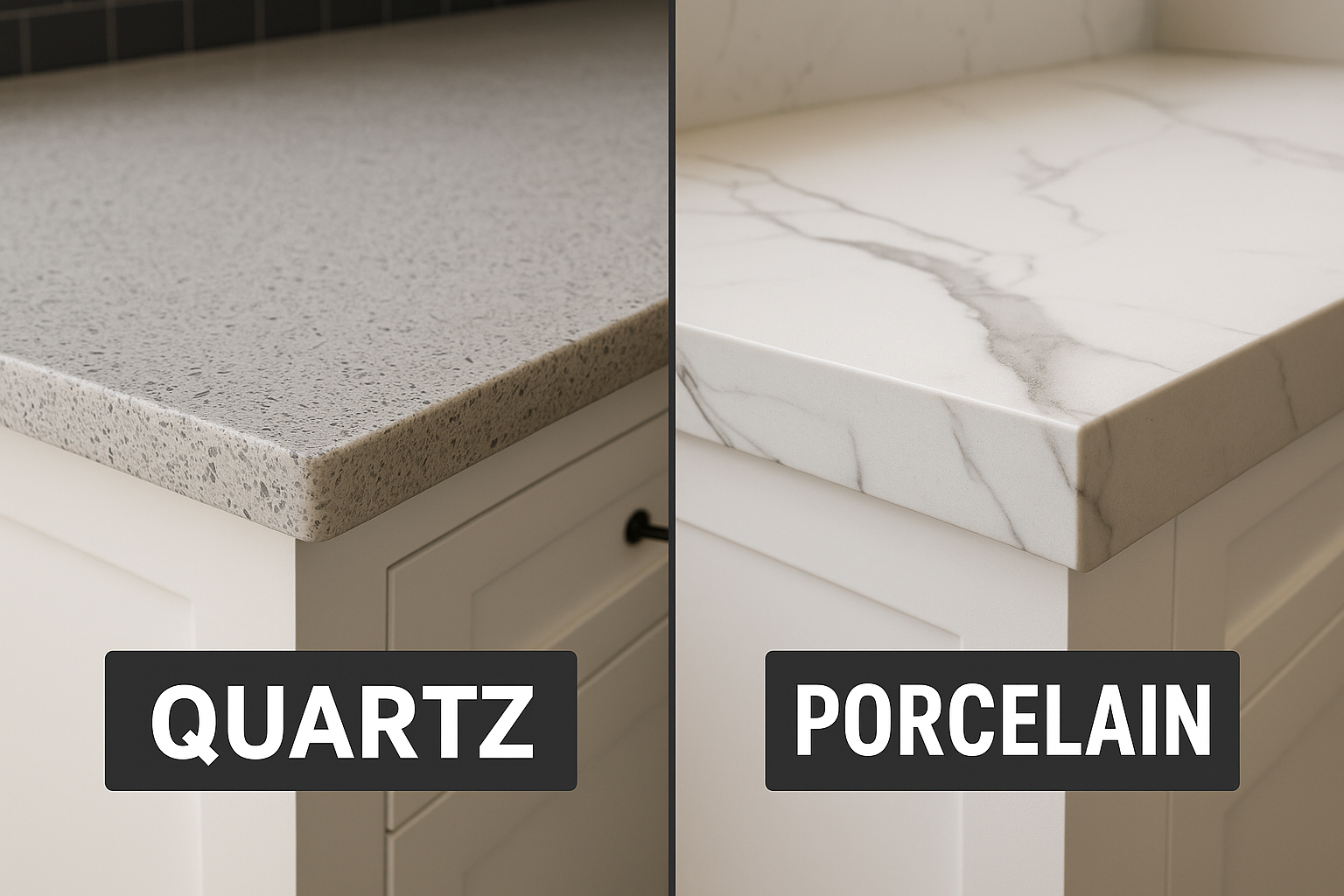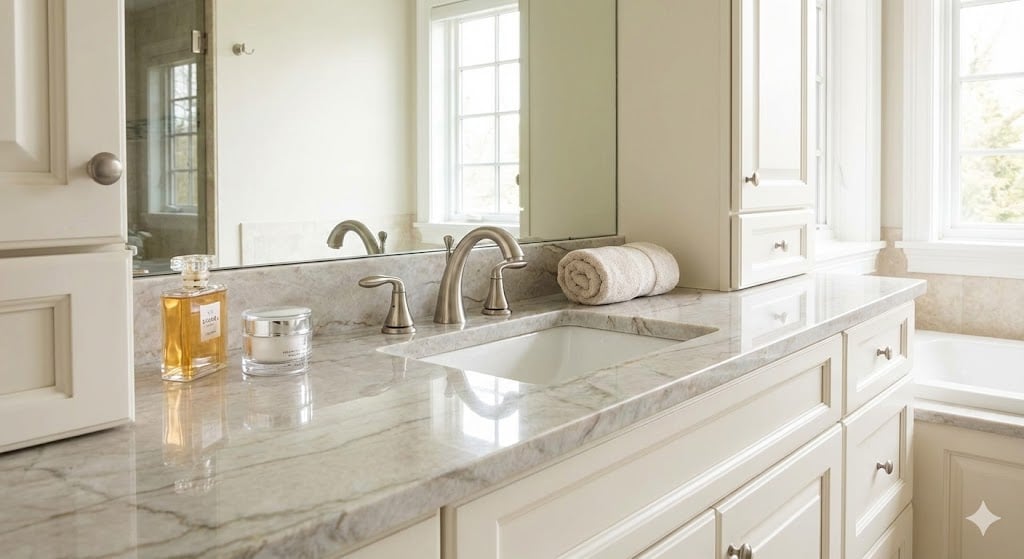Quartz vs Quartzite: A 30-Year Fabricator Explains the Difference.
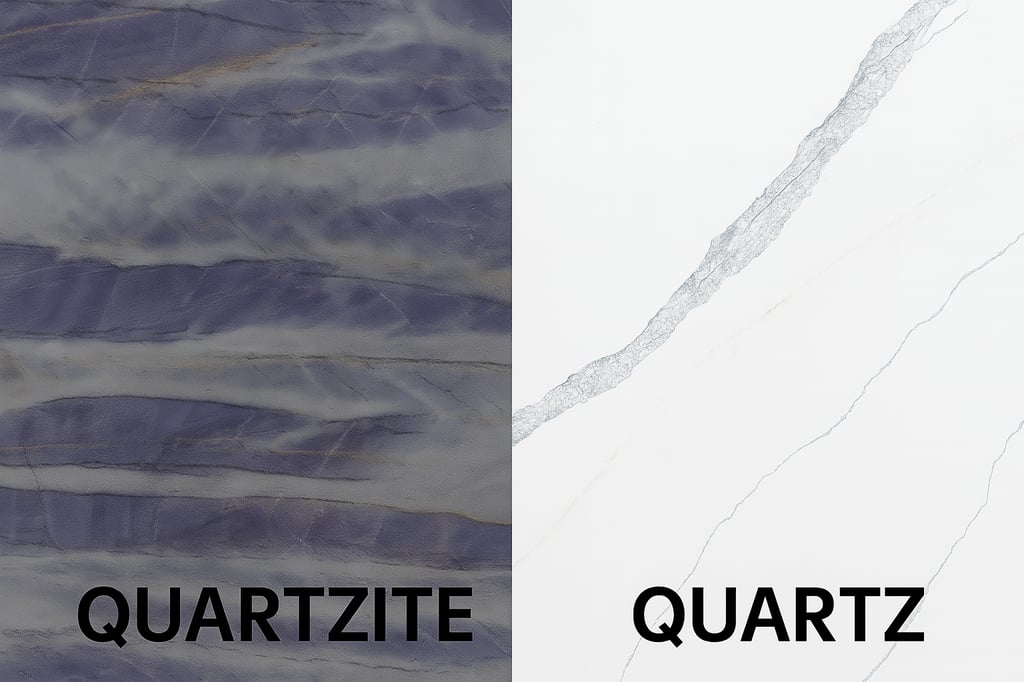
Quartz vs quartzite—it's the most common question we get, and honestly, the most misunderstood. The names sound almost identical, so people assume they're basically the same thing. They're not. Not even close.
Here's the truth after 30 years in the stone business: quartzite is natural stone pulled from the earth—the real deal. Quartz is engineered in a factory to look like natural stone—a wannabe. One handles a hot pan without flinching. The other can scorch if you're not careful. One has the beauty only nature can create. The other tries to copy it.
Both have their place, and I install plenty of each. But if you're going to spend the money, you should know exactly what you're getting. Let me walk you through the real differences so you can choose with confidence.
Quartz Countertops: Engineered Surfaces with Versatility
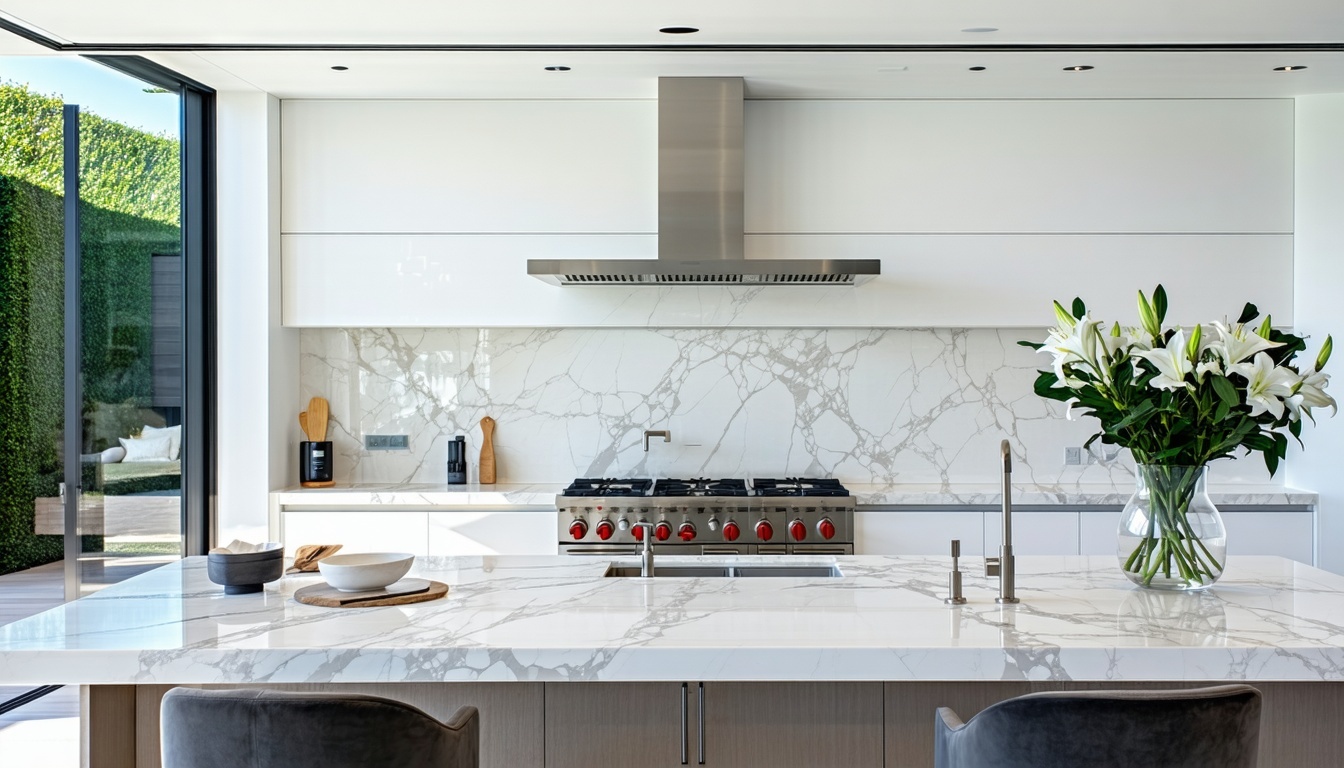
Quartz countertops—also known as engineered surfaces—are made in controlled factory settings. Manufacturers create quartz slabs by combining crushed quartz crystals (about 90-95%) with polymer resins and pigments. This creates a smooth, non-porous slab.
Quartz countertops are made by combining crushed quartz crystals with resin and synthetic additives.
These engineered stone counters are durable and uniform, ideal for anyone wanting low-maintenance performance with design flexibility. Quartz countertops are extremely popular. People love them for their clean look, durability, and non-porous surface.
Quartzite stone countertops are 100% natural stone. It forms when sandstone with quartz minerals changes because of heat and pressure in the earth over millions of years. In simple terms, quartz is man-made from crushed quartz and resin, while quartzite is a metamorphic rock quarried from the earth. That makes quartzite a natural material with the strength and beauty many people love.
Despite these differences, both are popular countertop materials known for their durability and natural beauty. Below, we’ll compare quartz and quartzite regarding durability, appearance, maintenance, cost, and best uses.
Durability and Hardness

Both quartz countertops and quartzite countertops are known for being durable materials, but they shine in different ways. These are two of the most popular countertop materials thanks to their strength and longevity.
Quartz Countertops (Engineered Stone):
- Rates around 7 on the Mohs hardness scale (where 10 is diamond)
- Highly scratch resistant surface
- Resists scratching, chipping, and cracking in daily use
- Resin gives it slight flexibility, helping prevent chips at the edges
Quartzite Countertops (Natural Stone):
- Rates between 7 and 8 on the Mohs scale
- Extremely scratch resistant when well-sealed
- Can handle serious wear as a rigid natural material
- May chip if struck hard at an edge
Bottom Line:
For durable countertops, both quartz and quartzite deliver. Whether you choose quartz or quartzite, both materials offer surfaces tough enough for heavy kitchen or bath use.
When homeowners compare quartzite vs quartz countertops for durability, both materials deliver exceptional performance—the choice comes down to your specific needs.
Heat Resistance

Quartzite Countertops (Natural Stone):
- Naturally heat resistant
- Can handle high temperatures with no damage
- You can safely place a hot pan directly on a quartzite countertop
- Formed by heat and pressure in nature, so it’s built to withstand heat effectively
Quartz Countertops (Engineered Stone):
- Made with natural quartz and resin binders
- Quartz itself won’t burn, but resin can start melting around 300 °F.
- Placing a red-hot pot or baking sheet directly on the surface may scorch or leave a permanent burn mark
- In daily use, this usually isn’t a problem—but always use trivets or hot pads to be safe
Summary:
- When comparing quartzite versus quartz for heat resistance, natural quartzite is the better choice
- Quartz countertops can handle normal cooking heat but are vulnerable to extreme temperatures
- Quartz isn’t ideal for fireplaces or high-heat areas—natural stone like quartzite is the better choice
Stain and Moisture Resistance
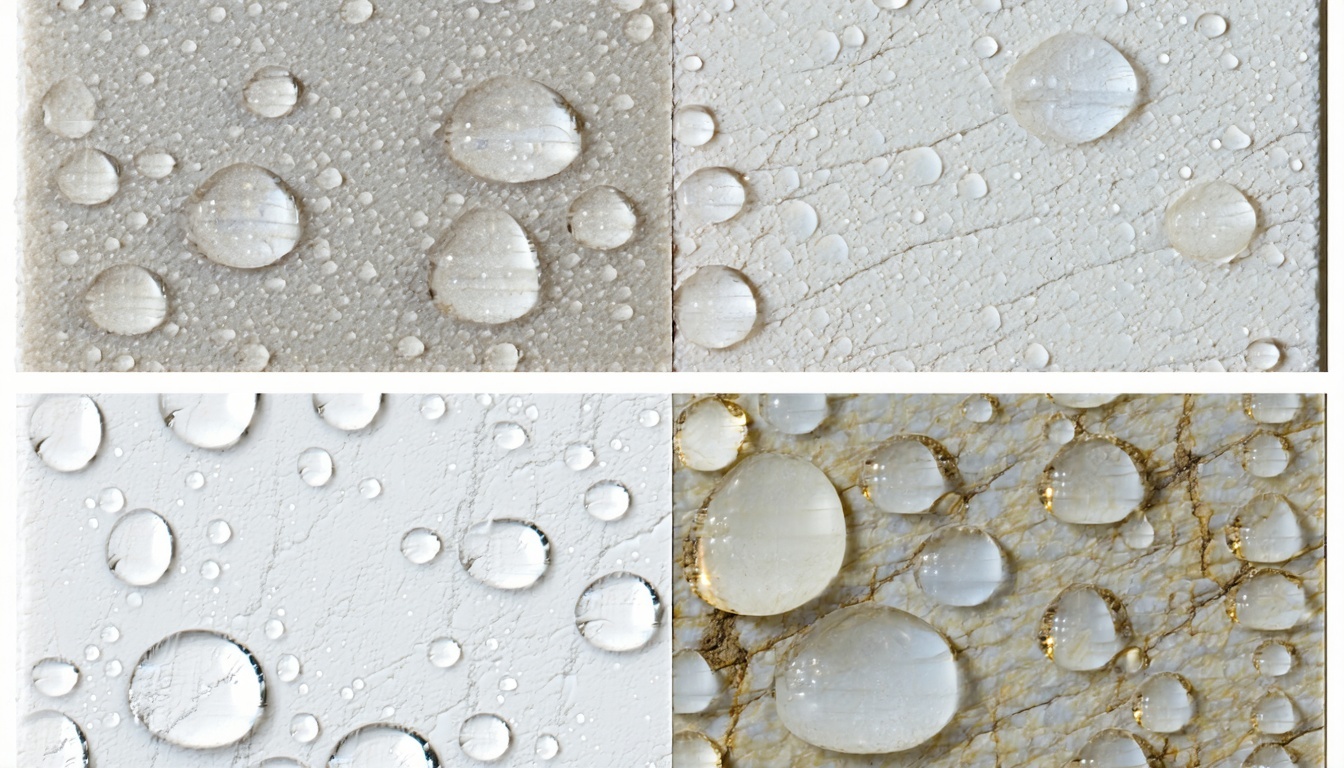
Resisting stains and moisture, quartz has a clear advantage. Because of its non-porous surface, it won't absorb liquids, making it naturally stain resistant and easy to clean. You don’t have to worry about sealing it, and you can easily wipe away spills like wine or oil without leaving stains.
Quartzite is a natural stone. It has more porosity, so you need to seal it regularly. This helps stop liquids from seeping in and causing stains. With proper sealing, though, quartzite can also be quite resistant to stains and moisture.
To clean quartzite countertops is easier than you might think. Just use a stone-safe cleaner. Reseal them when water stops beading on the surface.
Quartzite is a porous material. It needs sealing to avoid stains.
However, with proper care, it stays durable and resists stains well. Avoid abrasive cleaners on both materials to preserve their finish. Many clients choose quartzite countertops for their combination of beauty and durability, even if they require occasional sealing.
Appearance and Style Options
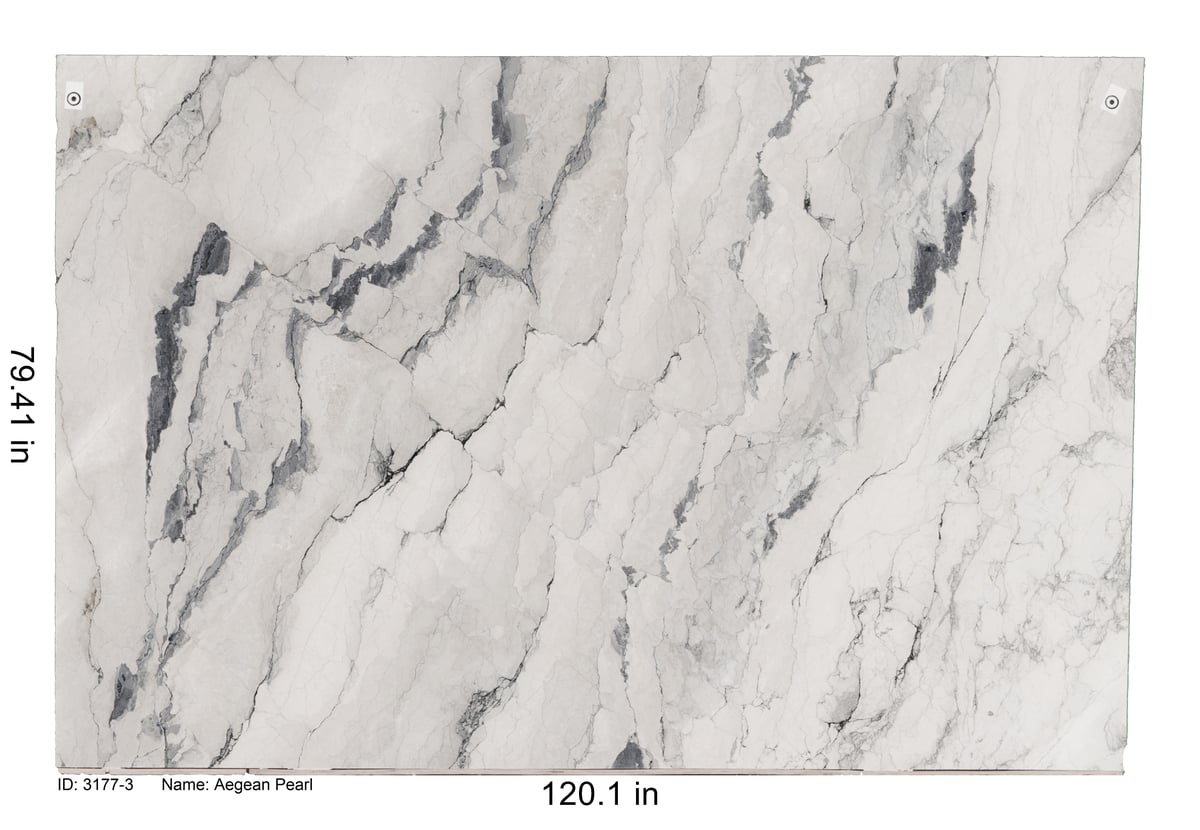
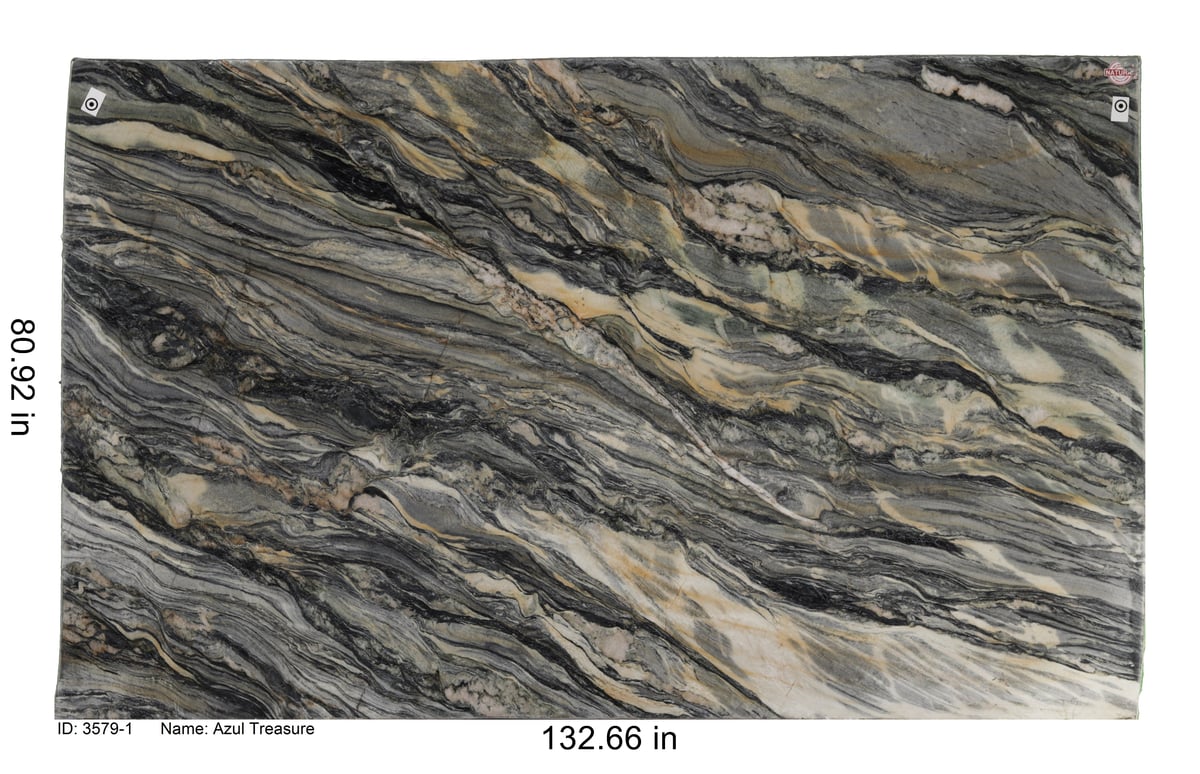




The “Fantasy Brown” Exception: 30 Years of Industry Secrets
In my three decades of fabricating stone, no material has caused more confusion than Fantasy Brown. If you’ve been slab shopping, you’ve almost certainly seen "him"—and it’s easy to see why he’s a fan favorite. With flowing waves of pewter, sand, and cream, it offers a high-end look that mimics expensive marble at a much more friendly price point.
But here is the truth most showrooms won't tell you: Fantasy Brown is the "Great Imposter" of the stone world.
Is it Quartzite or Marble?
While many suppliers label it as "Soft Quartzite," Fantasy Brown is technically a Dolomitic Marble. In my shop, I categorize it right in the middle:
-
Harder than Marble: It is denser and more scratch-resistant than your typical Italian Carrara marble.
-
Softer than Quartzite: It does not have the "bulletproof" hardness of a true quartzite like Taj Mahal.
What This Means for Your Kitchen
Because Fantasy Brown contains calcium carbonate, it will etch if you leave a cut lemon or a splash of vinegar on the surface for too long. After 30 years of installs, my advice is always this:
"If you can live with a little 'character' (minor etching over time), Fantasy Brown is the most beautiful value-per-square-foot you can buy. But if you want a surface that stays perfectly uniform regardless of spills, stick with an engineered Quartz."
"...But if you want a surface that stays perfectly uniform regardless of spills, stick with an engineered Quartz."
True Quartzite: The Marble Look Without the Etching
While Fantasy Brown is a unique case, true natural quartzite is a different story. Quartzite countertops offer a unique beauty that many people want in stone. Homeowners love that quartzite looks like marble but is as strong as granite.
You get elegant veins and soft color changes, but true quartzite is tougher and more scratch-resistant than marble. Plus, unlike marble (and unlike Fantasy Brown), true quartzite won’t etch when it touches acids like lemon juice or vinegar...
Quartzite countertops offer a unique beauty that many people want in stone. Homeowners love that quartzite looks like marble but is as strong as granite.
You get elegant veins and soft color changes, but quartzite is tougher and more scratch-resistant than marble. Plus, unlike marble, quartzite won’t etch when it touches acids like lemon juice or vinegar. Quartzite countertops are especially popular for homeowners who want the elegance of marble without the upkeep.
Each quartzite slab is unique. The colors can range from white and gray to soft beige, gold, or even hints of blue or pink. This depends on the mineral content. The overall look is typically more “marbly” than granite—more veining, more movement, and a lighter, airier feel.
Many quartzite slabs look shiny and have beautiful natural patterns. This gives them a high-end feel similar to marble. For kitchen countertops that stand out, natural quartzite delivers natural beauty.
Quartz: Endless Design Possibilities
As one of the most widely used engineered surfaces, quartz offers consistent color and pattern across large spaces. Quartz countertops, being man-made, offer much more control over color and pattern.
During manufacturing, manufacturers can add pigments to create many shades. These include bright white, jet black, navy blue, warm taupe, and bold red. Engineers can also design quartz to mimic natural stones like marble or granite while ensuring uniformity between slabs.
For a clean, modern design or something easy to match in a spacious area, quartz is a good choice. At Granite Guy Inc., we work with all major quartz brands and suppliers. If there’s a color or style you’ve seen, we can source it.
Just keep in mind that not all brands of quartz are equal. Some lower-cost options might look similar but can yellow over time or show wear more easily. We’ll help you choose something that not only looks great but also performs well long-term.
Maintenance and Cleaning

Quartz is about as easy as it gets. Since it’s non-porous, it never needs sealing, and it resists stains from everyday spills.
Cleaning quartz countertops is simple—just use a mild soap and warm water, or a gentle household cleaner.
Avoid harsh scouring pads or abrasive cleaners, which can dull the surface over time. But overall, quartz is one of the lowest-maintenance options out there.
Quartzite is a natural stone, so it’s more porous than quartz—but not all quartzites are the same. Some dense types of stone, like Taj Mahal and Cristallo, hardly absorb anything. They may never need sealing.
That’s why we never generalize. A good rule of thumb: if water darkens the surface or changes the color when it sits, it’s time to reseal. That means the pores are open and absorbing liquid.
The good news? Sealing quartzite is simple—just pour it on, let it soak, and wipe it off. To clean quartzite countertops, use a pH-neutral cleaner. Avoid acidic or abrasive products.
Also worth noting: not every stone sold as quartzite is truly quartzite. Some marbles, especially from Brazil, have incorrect labels and will etch when someone exposes them to acidic liquids.
Here’s a quick test—put a little lemon juice or vinegar on the stone and wait a few minutes. If it leaves a dull spot, it’s marble, not quartzite. If you’re ever unsure what you’re looking at, feel free to reach out—we’re always happy to help.
One More Thing: Finish Options
Both quartz and quartzite come in a range of finishes—not just the traditional polished look. If you prefer a softer, more natural appearance, a honed finish offers a smooth, matte surface. For a bit of texture and a more organic feel, you can go with a leathered finish, which also helps hide smudges and fingerprints.
With natural stones like quartzite, we can apply honed or leathered finishes in-house. Just remember, once we remove a polished finish, we can't restore it to full polish in our shop. This is because it needs special equipment. For quartz, the factory provides a finish that remains unchanged after production.
Cost Differences
Cost can vary a lot with both quartz and quartzite—especially depending on the brand, color, and project complexity.
Quartz Price Per Square Foot
-
Pricing generally starts around $50 per square foot installed
-
Can climb close to $150 per square foot, depending on brand and style
-
High-end lines (special colors, large slabs) can cost more than many quartzites
-
For budget planning, always calculate your estimated square foot needs to get a realistic project cost
Quartzite Countertops Cost
-
Tends to start where standard quartz leaves off—usually $80 to $150+ per square foot installed
-
Some quartzites (like Taj Mahal and Cristallo) can cost more
-
Rare colors like blues and reds often drive prices up
-
Pricing depends on availability and demand
-
Quartzite is generally more expensive than quartz due to its natural sourcing
Fabrication Matters (Especially for Quartzite):
That’s why it’s important to work with a trusted local fabricator near you, especially for quartzite.
This isn’t a material you want just anyone cutting.
It takes the right tools, like:
-
CNC machines
-
Water jet cutting
-
And the experience to handle details properly
The wrong approach can lead to waste or breakage, which drives up the cost per square foot.
When working with premium materials, maximizing your yield per square foot becomes essential to control cost.
Our Expertise with Quartzite
At Granite Guy Inc., almost a third of our projects involve quartzite.
We’ve built our shop and team to manage the complexity of this stone.
-
We focus on precision cutting and clean polishing
-
You get the look and performance you expect
-
Whether you’re just exploring or already have a vision, work with a nearby countertop store
-
Choose one that has the right tools, knowledge, and a solid reputation
Best Applications and Uses
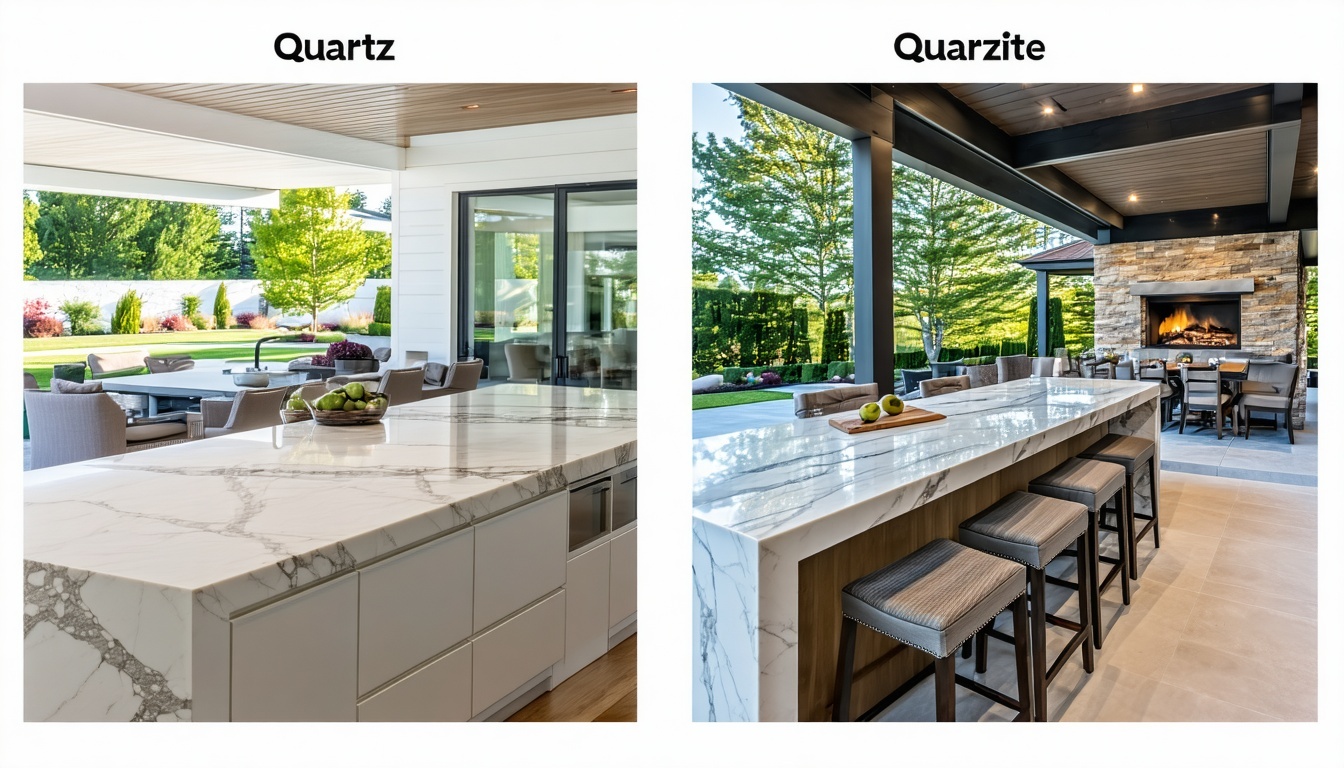
Choosing between quartz and quartzite often comes down to your lifestyle, design goals, and where the countertop is going. Both are durable, beautiful materials—but they shine in different settings.
Quartz is perfect for high-traffic kitchens, busy bathrooms, or anywhere you want a low-maintenance surface. Families with kids, people who cook a lot, or anyone who wants an easy option will love quartz. Non-porous, stain resistant, and requiring little upkeep. Just keep in mind that it’s not ideal for outdoor use or fireplace surrounds because of heat and UV sensitivity.
Quartzite is a great choice for people who love to cook and want a heat-resistant surface that can handle hot pans without worry. Perfect for homeowners who appreciate the unique look of natural stone.
Quartzite countertops are ideal for waterfall edges and large surfaces where natural stone beauty takes center stage. It makes a statement, especially on large kitchen islands, waterfall edges, or outdoor kitchens. If you’re willing to reseal it now and then, quartzite gives you the beauty of marble with way more strength and versatility.
You should also look at other natural stones like soapstone and marble. Each one has its own style, strength, and maintenance needs. We’re happy to walk you through those options if you're still undecided.
Quartzite vs Marble: A Quick Comparison
- Quartzite mimics marble countertops' veining beautifully
- Quartzite is significantly harder and more scratch resistant
- Both need sealing, but marble is more porous
- Marble etches from acids (lemon, wine, tomatoes); quartzite doesn't
- Premium marble and quartzite are similarly priced
If you love the marble aesthetic but worry about its softness and maintenance demands, quartzite offers the best of both worlds.
Common Questions About Quartz vs Quartzite Countertops
What is the Difference Between Quartz and Quartzite?
The main difference between quartz and quartzite is their composition. Quartz countertops are man-made surfaces created by combining crushed quartz crystals (90-95%) with polymer resins and pigments. Quartzite is a 100% natural stone formed when sandstone undergoes intense heat and pressure over millions of years.
Is Quartzite More Expensive Than Quartz?
Yes, quartzite is generally more expensive than quartz. Quartzite typically costs $80-150+ per square foot installed, while quartz ranges from $50-150 per square foot. However, high-end quartz can cost as much as mid-range quartzite, making the price difference smaller at premium levels.
Which is Better for Heat Resistance: Quartz or Quartzite?
Quartzite is significantly better for heat resistance than quartz. Quartzite can handle hot pans directly from the oven without damage, while quartz can be scorched by temperatures above 300°F due to its resin binders. For serious cooks who frequently use hot cookware, quartzite is the safer choice.
Do You Need to Seal Quartzite Countertops?
Most quartzite countertops need periodic sealing to prevent staining, typically annually or bi-annually. However, some dense varieties like Taj Mahal and Cristallo may rarely need sealing. Test with water—if it beads up on the surface, the seal is still good. If water darkens the stone, it's time to reseal.
Which is More Durable: Quartz or Quartzite?
Both quartz and quartzite are highly durable materials rating 7-8 on the Mohs hardness scale. Quartzite is slightly harder and more heat resistant, while quartz is less prone to chipping due to its resin flexibility. For most homeowners, both materials offer excellent long-term durability for kitchen and bathroom use.
Which is Better: Quartz or Quartzite?
The choice between quartz and quartzite depends on your priorities. Choose quartz for low maintenance and consistent appearance in busy kitchens. Choose quartzite for natural beauty, superior heat resistance, and the marble look with granite strength. Both are excellent long-term investments for your home.
Accordion title
Lorem ipsum dolor sit amet, consectetur adipiscing elit. Nullam tempor arcu non commodo elementum.
Let's cut to it: quartzite is natural stone with marble's aesthetics and granite's strength. Quartz is an engineered surface designed to imitate what nature already perfected.
If you want low maintenance, consistent color, and don't care about heat resistance, quartz is a solid choice. It's practical and looks good.
But if you want the real thing? Stone that can take a hot pan, ages with character, and has a look that can't be manufactured? That's quartzite.
Both are durable. Both can look great in your kitchen. But they're not the same, and now you know why.
Looking for expert advice for your kitchen project? Visit Granite Guy Inc. on Route 9 in Southborough. We serve Greater Boston, MetroWest, and Central Massachusetts. We are also happy to travel anywhere in New England for the right project.
Meet the Expert
This guide was prepared by the specialists at Granite Guy Inc., a premier stone fabrication and installation company based in Southborough, MA. With over 30 years of hands-on experience, our team has handled thousands of slabs—from classic granite to the most delicate quartzites.
We are proud to be one of the highest-rated fabricators in Massachusetts, with over 200 five-star reviews from homeowners who trust us for our honest, technical "truth" about stone performance. Our mission is to ensure your investment doesn't just look beautiful today, but stays that way for decades to come.
Ready to see why hundreds of New Englanders trust us?
Ready to see our quartzite selection? Browse our quartzite countertops
